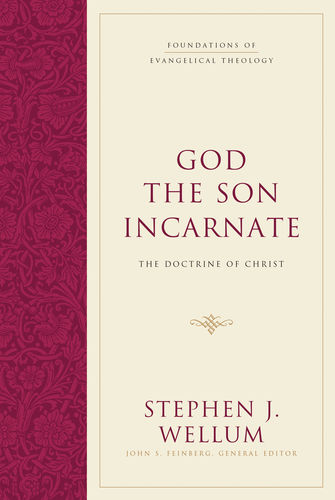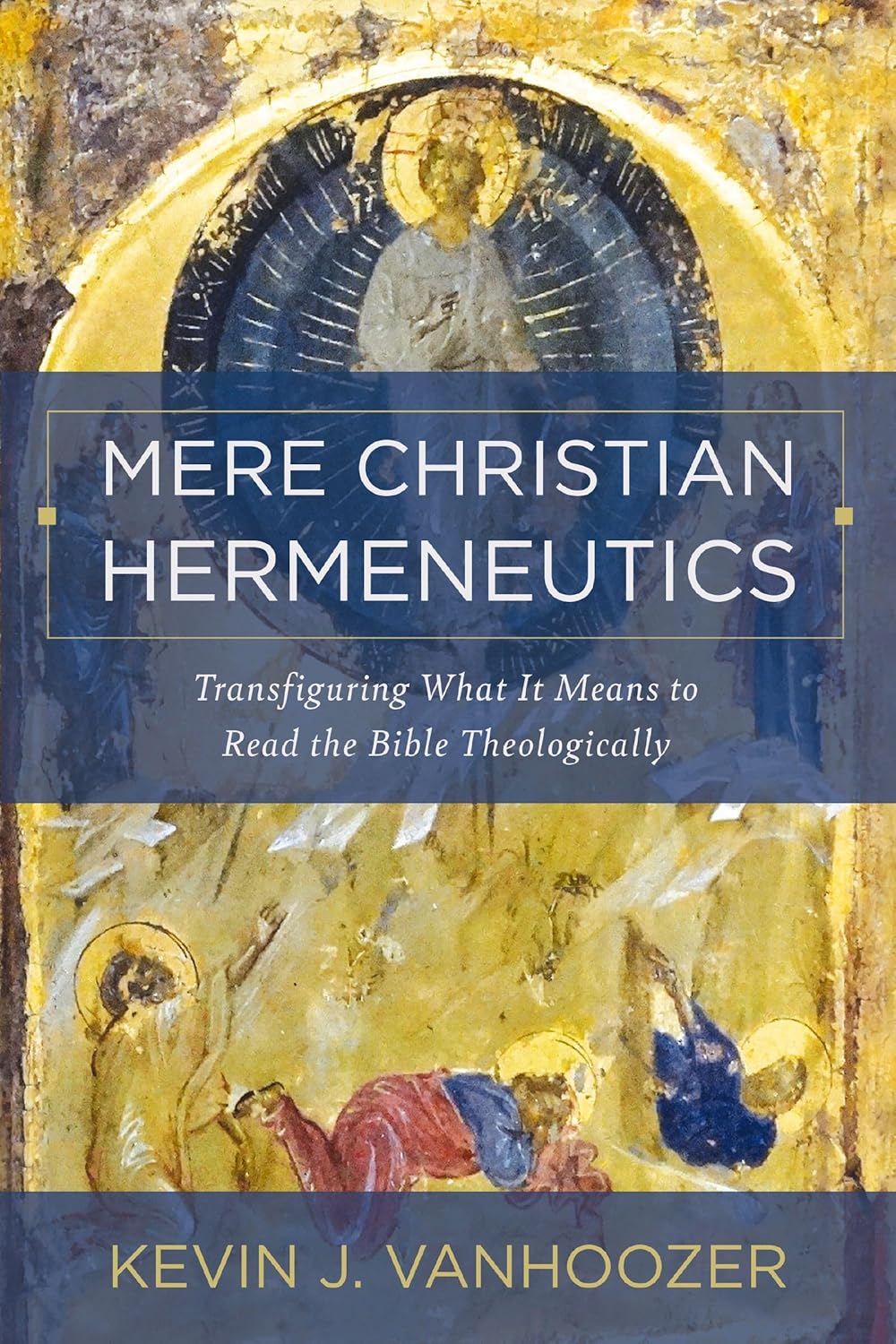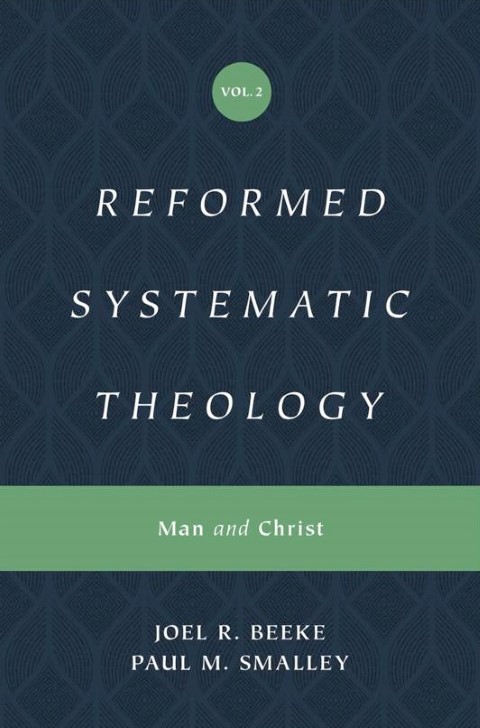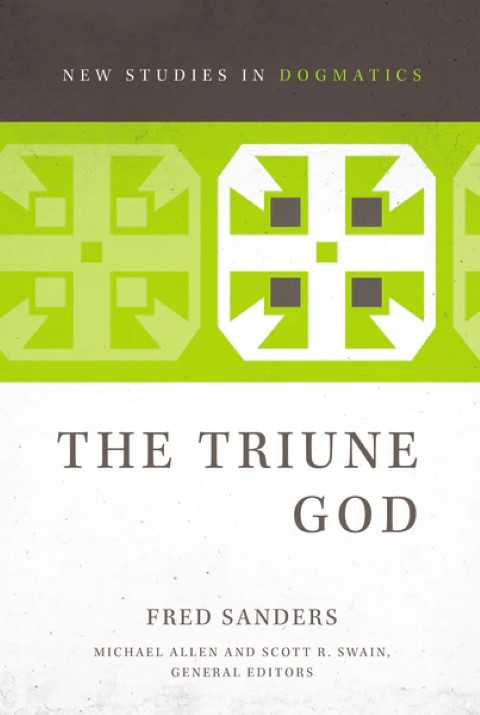- Home
- /
- Buitenlandse boeken
- /
- Systematische theologie / Transhumanism and the Image of God
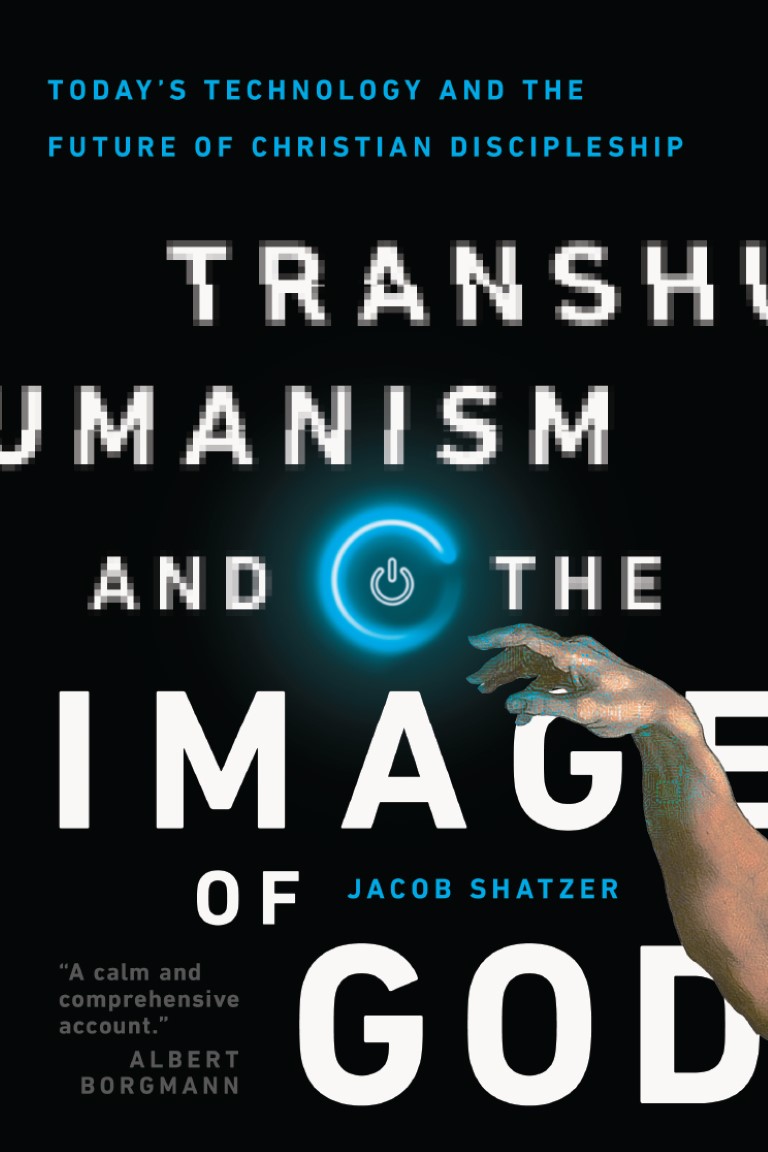
Transhumanism and the Image of God
We're constantly invited to think about the future of technology as a
progressive improvement of tools: our gadgets will continue to evolve, but we
humans will stay basically the same. In the future, perhaps even alien species
and intelligent robots will coexist alongside humans, who will grapple with
challenges and emerge as the heroes.
But the truth is that radical technological change has the power to radically
shape humans as well. We must be well informed and thoughtful about the steps
we're already taking toward a transhuman or even posthuman future. Can we find
firm footing on a slippery slope?
Biblical ethicist Jacob Shatzer guides us into careful consideration of the
future of Christian discipleship in a disruptive technological environment. In
Transhumanism and the Image of God, Shatzer explains the development and
influence of the transhumanist movement, which promotes a next stage" in human " evolution.
Exploring topics such as artificial intelligence, robotics, medical technology,
and communications tools, he examines how everyday technological changes have
already altered and continue to change the way we think, relate, and understand
reality. By unpacking the doctrine of the incarnation and its implications for
human identity, he helps us better understand the proper place of technology in
the life of the disciple and avoid false promises of a posthumanist vision. We
cannot think about technology use today without considering who we will become
tomorrow.
progressive improvement of tools: our gadgets will continue to evolve, but we
humans will stay basically the same. In the future, perhaps even alien species
and intelligent robots will coexist alongside humans, who will grapple with
challenges and emerge as the heroes.
But the truth is that radical technological change has the power to radically
shape humans as well. We must be well informed and thoughtful about the steps
we're already taking toward a transhuman or even posthuman future. Can we find
firm footing on a slippery slope?
Biblical ethicist Jacob Shatzer guides us into careful consideration of the
future of Christian discipleship in a disruptive technological environment. In
Transhumanism and the Image of God, Shatzer explains the development and
influence of the transhumanist movement, which promotes a next stage" in human " evolution.
Exploring topics such as artificial intelligence, robotics, medical technology,
and communications tools, he examines how everyday technological changes have
already altered and continue to change the way we think, relate, and understand
reality. By unpacking the doctrine of the incarnation and its implications for
human identity, he helps us better understand the proper place of technology in
the life of the disciple and avoid false promises of a posthumanist vision. We
cannot think about technology use today without considering who we will become
tomorrow.
16,90
Transhumanism and the Image of God
EAN-code:
9780830852505
Aantal pagina's:
192
Bindwijze:
Paperback
Levertijd:
Binnen 1 werkdag verzonden!
In winkelwagen
Anderen bekeken ook:
God the Son Incarnate
Stephen J. Wellum - Nothing is more important than what a person believes about Jesus
Christ. To understand Christ correctly is to understand the very heart ...
Christ. To understand Christ correctly is to understand the very heart ...
31,90
In winkelwagen
Mere Christian Hermeneutics
Kevin J. Vanhoozer - Reading the Bible to the glory of God.
In 1952, C. S. Lewis's Mere Christianity eloquently defined the essential tenets ...
In 1952, C. S. Lewis's Mere Christianity eloquently defined the essential tenets ...
26,90
In winkelwagen
RST 02: Man and Christ
Joel R. Beeke and Paul M. Smalley - In this volume, Joel R. Beeke and Paul M. Smalley unpack the doctrine of humanity (anthropology) and the ...
44,90
In winkelwagen
Theological Hermeneutics
Alexander S. Jensen - This book introduces theological hermeneutics by giving a historical account
of the development of hermeneutical thinking. It defines hermeneutics as the
analysis ...
of the development of hermeneutical thinking. It defines hermeneutics as the
analysis ...
34,90
In winkelwagen
The Triune God
Fred Sanders - The Triune God aims to secure our knowledge of the triune God by rightly ordering the theological language with which we praise him. ...
17,90
In winkelwagen

